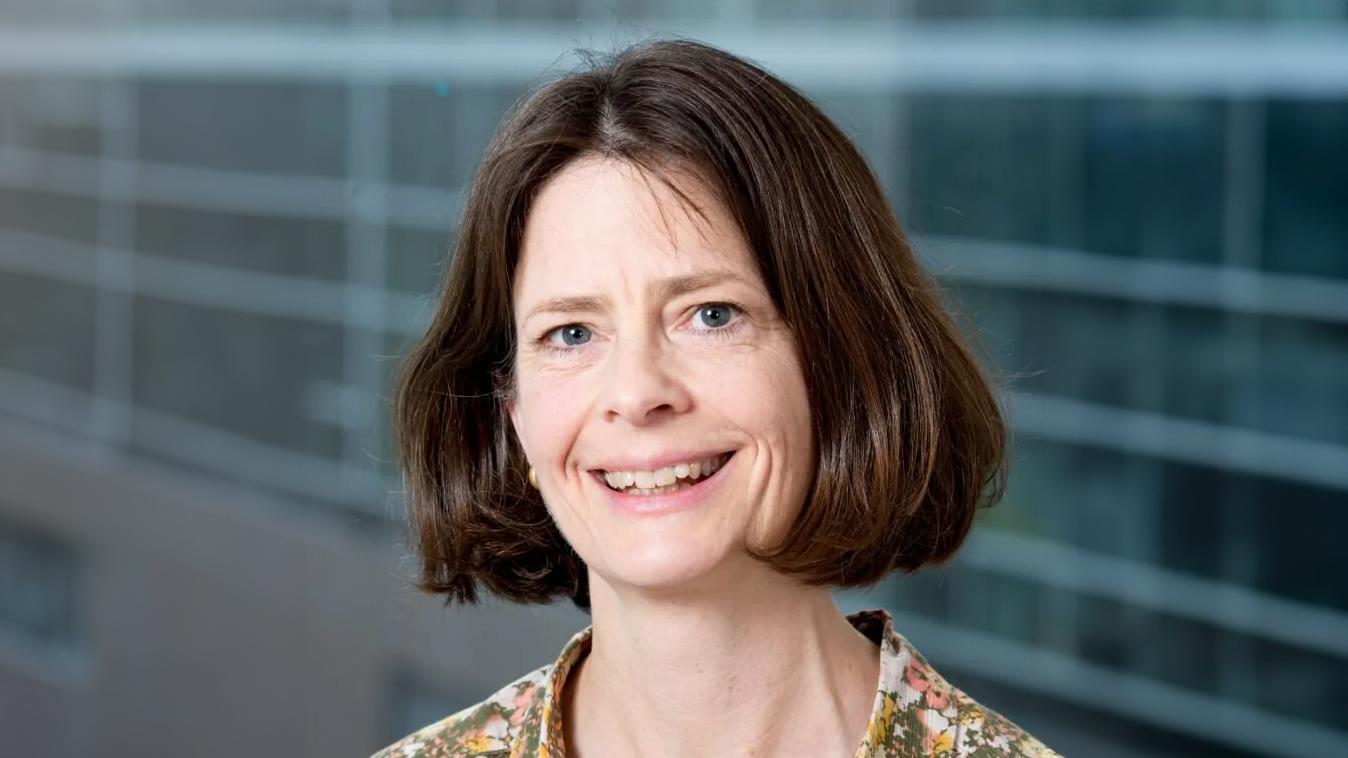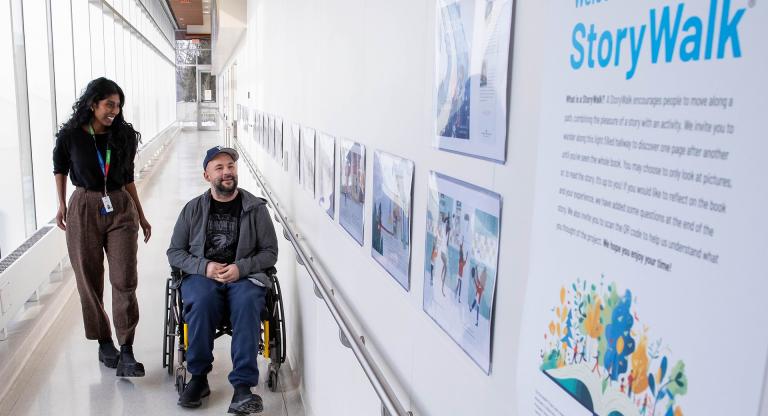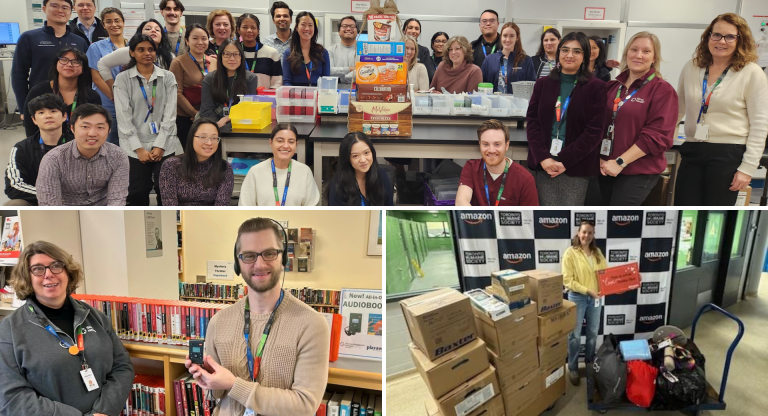LTRI alumna Dr. Mary Brunkow awarded 2025 Nobel Prize for groundbreaking immune system discovery

The 2025 Nobel Prize in Physiology or Medicine has been awarded to Dr. Mary Brunkow, an alumna of the Lunenfeld-Tanenbaum Research Institute (LTRI), for discovering how the body prevents the immune system from attacking itself.
Dr. Brunkow, now senior program manager at the Institute for Systems Biology in Seattle, conducted her postdoctoral research at what was then the Samuel Lunenfeld Research Institute (now LTRI) from 1990 to 1994. She shares the Nobel Prize with Drs. Fred Ramsdell and Shimon Sakaguchi.
Dr. Sakaguchi identified a special type of immune cell, called regulatory T cells, that act like peacekeepers, stopping other immune cells from causing harm. Drs. Brunkow and Ramsdell later identified the key gene, FOXP3, which controls these peacekeeper cells. Their work explained why some people develop severe autoimmune diseases and opened the door to new treatments for conditions like cancer, autoimmune disorders, and organ rejection.
“Their discoveries have been decisive for our understanding of how the immune system functions and why we do not all develop serious autoimmune diseases,” says Dr. Olle Kämpe, chair of the Nobel Committee.
During her time at LTRI, Dr. Brunkow worked with Dr. Alan Bernstein, who later became the director of LTRI, then the inaugural president of the Canadian Institutes of Health Research. Her work included cloning several genes, notably KIT, which was later found to be critical for healthy development and implicated in various human cancers when mutated.
“The success of any scientific institution is ultimately measured by its trainees – their curiosity, creativity, and impact on the world,” said Dr. Gingras, director of LTRI and vice president of research at Sinai Health. “On behalf of LTRI and Sinai Health, we extend our heartfelt congratulations to Dr. Mary Brunkow. Her pioneering work exemplifies how curiosity-driven research can transform our understanding of human health and lead to real-world advances.”
“We encourage our trainees at every stage of their careers to pursue bold ideas and ask difficult questions,” Dr. Gingras added. “Dr. Brunkow’s achievements show what’s possible when curiosity, perseverance, and world-class training come together. She is a remarkable role model for the next generation of scientists.”












